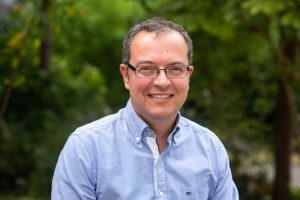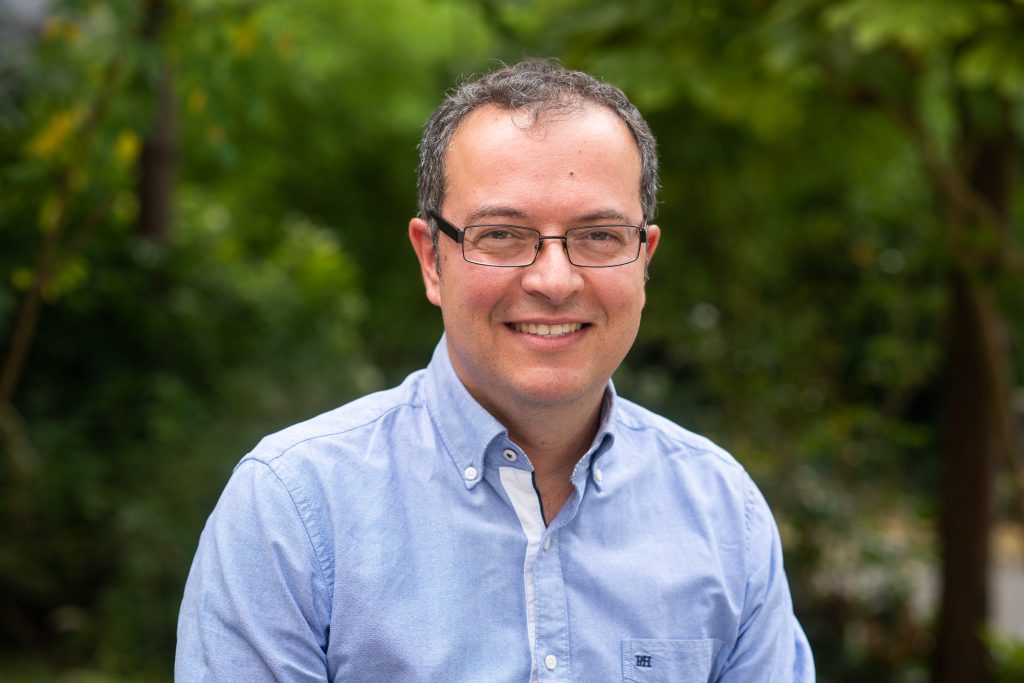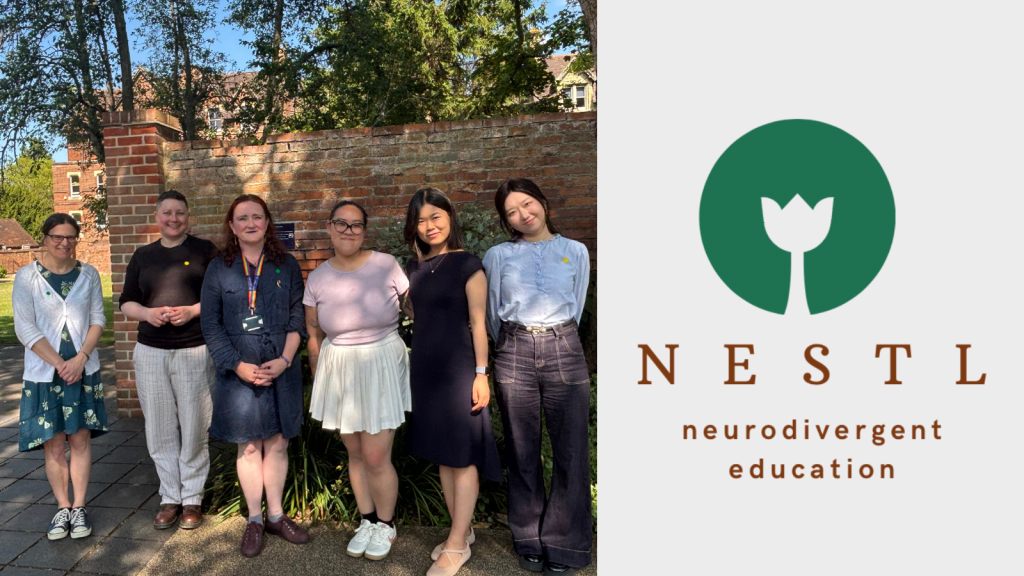Gabriel Stylianides, Professor of Mathematics Education at the Department of Education and a Fellow of Worcester College, Oxford University, has been elected to the prestigious fellowship of the Academy of Social Sciences. This honour recognises his significant international contributions in the fields of mathematics education and mathematics teacher education.
The?Academy of Social Sciences Fellowship?comprises 1,600 leading social scientists from academia, the public, private and third sectors. Their expertise covers the breadth of the social sciences, and their practice and research addresses some of the major challenges facing communities, society, places, and economies. All Academy Fellows are elected for their excellence in their fields and their substantial contributions to social science for public benefit. Selection is through an independent peer review which recognises their excellence and impact.
Professor Stylianides said: “I am delighted and honoured to have been elected a Fellow of the Academy of Social Sciences. I have been fortunate and privileged to work with many incredibly talented and wonderful colleagues and students over the years, both in the UK and overseas. This recognition would not have been possible without them.
“Learning to think mathematically, tackle mathematical problems effectively, and pose meaningful new problems to explore should not be reserved for an elite few. These are essential skills for life and work, and with appropriate teaching, they can be made accessible to everyone.
A major focus of Professor Stylianides’s research has been the design and scale-up of effective classroom-based interventions targeting academically important practices that are hard for teachers to teach and hard for students to learn; notably, problem solving, argumentation, reasoning, and problem posing. As he says, ‘These practices are important not only in mathematics but also across the social sciences and beyond, applying to both life and work. Also, they span all levels of education, arguably from cradle to grave.’ Alongside his primary research interests, he has also addressed issues related to task design and implementation, curricular resources, technological environments (including intelligent tutoring systems), and methodology.
His work has influenced not only academic theory and research but also educational practice in different levels of education. For example, in a current project, Professor Stylianides and his collaborators are exploring in 240 schools the effectiveness of a new online model they developed for training Year 2 teachers to implement in their classrooms an intervention aimed at enhancing children’s mathematical reasoning skills. The new online model aims to facilitate, through an efficient and easily accessible way, the large-scale dissemination of this intervention in schools across England. As such, the model serves as a paradigmatic case for rolling out effective interventions in the post-COVID era where teachers are more accustomed to remote learning.
Some of Professor Stylianides’s other recent work includes researching interventions to support secondary school teachers to enhance their students’ “proving competence” (i.e., the ability to investigate why things work in mathematics through logical reasoning) and “problem posing competence” (i.e., the ability to formulate concrete or abstract situations as meaningful mathematical problems). Both competences are crucial for thinking mathematically in authentic ways.
Professor Stylianides has authored over 110 publications, including in prominent outlets beyond his primary areas of study. His research projects over the years have been supported with over £4.5M by various funding bodies, including the Education Endowment Foundation (EEF), the US National Science Foundation (NSF), the US Institute of Educational Sciences (IES), the Department for Education (DfE) in England, the Spencer Foundation, and the Norwegian Research Council.











